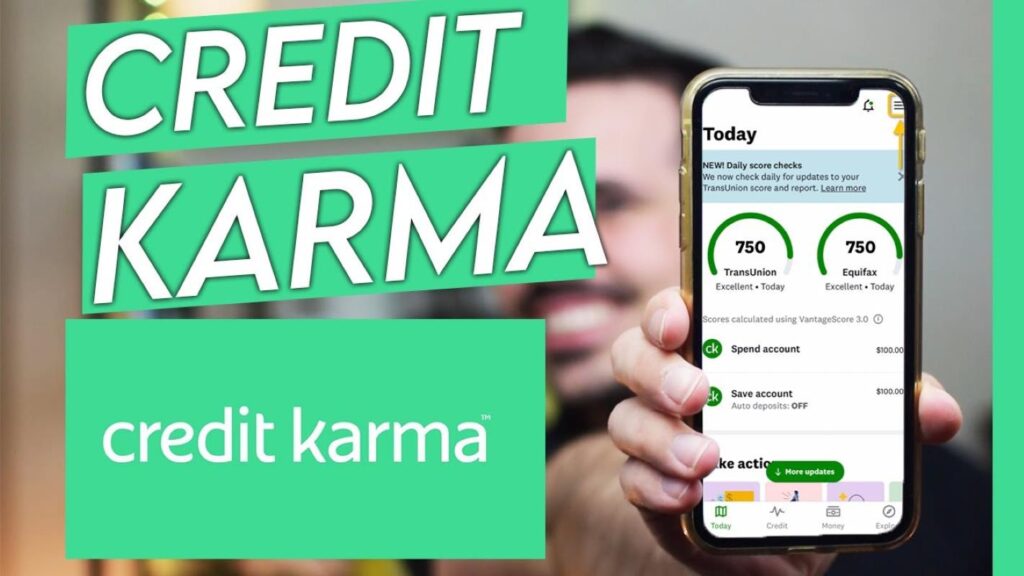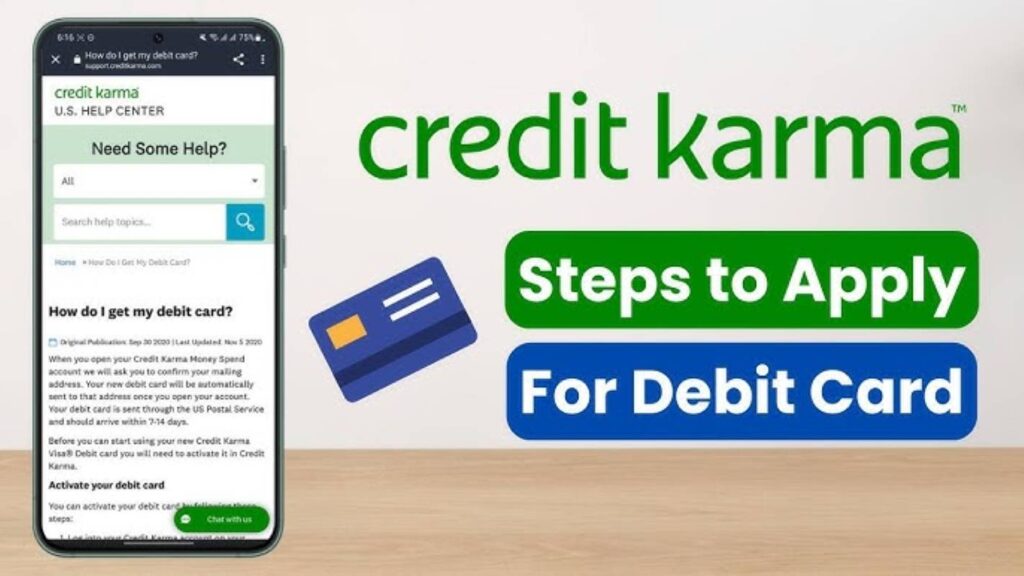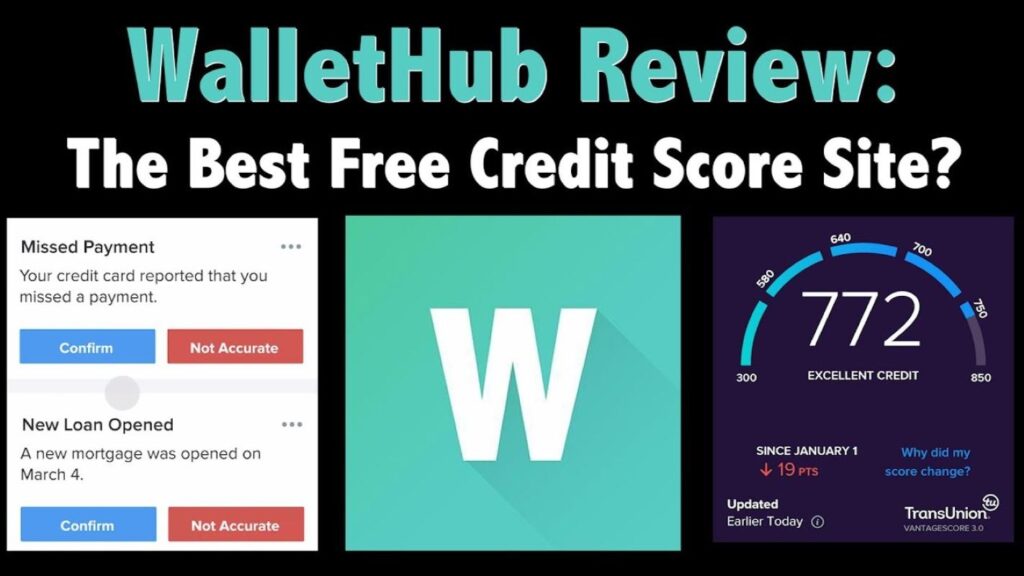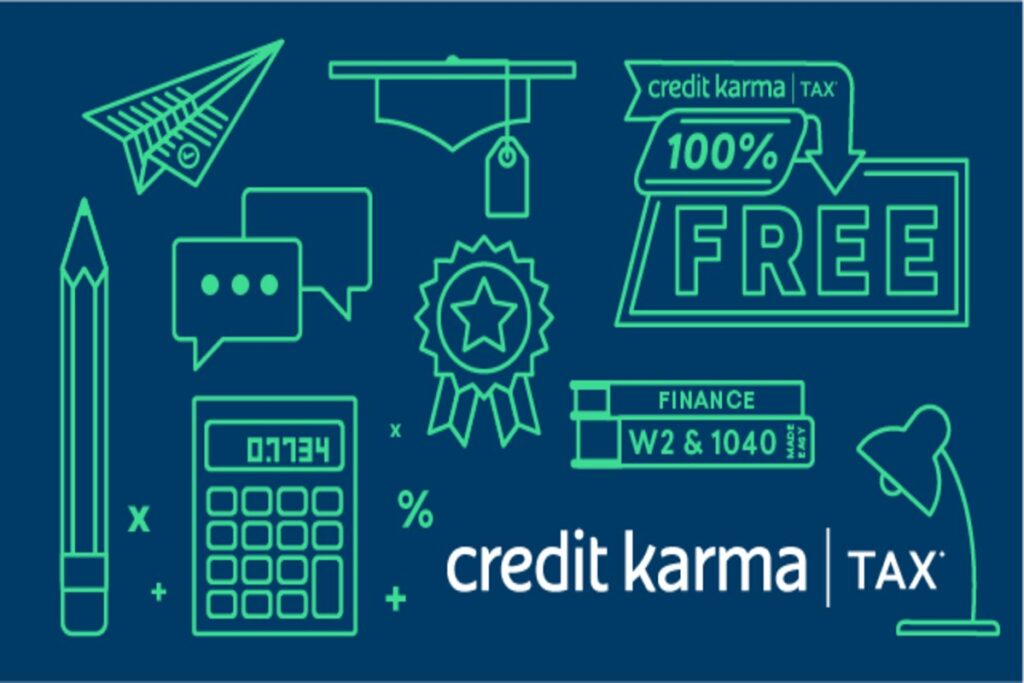There are a bunch of Credit Karma alternatives out there. However, a few other websites also match the quality of credit-monitoring services provided by Credit Karma. So, we have saved you the trouble of scouring the internet for alternative credit-monitoring websites.
Listed below are the top five Credit Karma alternatives that would conveniently give the financial service website a run for their money:
- myFICO
- Credit.com
- WalletHub
- Experian CreditWorks
- Credit Sesame
These Credit Karma alternatives were not randomly handpicked off the internet. Instead, some key factors were considered as criteria before shortlisting these best alternative services. Our team assessed the quality of each entity’s credit score tracking and credit monitoring and the potential to foster financial security.
What Is Credit Karma?

Credit Karma is one of the first credit monitoring websites to go live in 2007. However, the website has since morphed and spread its tentacles beyond credit monitoring. It also offers loan matching and banking services.
Despite having over 100 million subscribers over the years, Credit Karma users are slowly seeking other alternative services. The website’s woes started recently when the Federal Trade Commission fined it for a security breach that leaked the finance data of many users.
ALSO READ: Why Did My Credit Score Drop for No Reason?: Top 9 Possibilities
What Services Do They Offer?
Credit Karma is a platform that offers free credit monitoring services to customers. In 2020 Q4, Intuit, a foremost financial technology company, acquired it. This relationship with Intuit enabled Credit Karma to start offering banking services to customers.

Some of the services that Credit Karma offers, in addition to their credit monitoring offers, are:
- Financial education resources
- Karma Drive is a feature that provides users discounts for driving safely
- Mortgage matching
- Loan matching
- Credit card matching
5 Alternatives to Credit Karma
Here is some more information on the five Credit Karma alternatives mentioned earlier.
myFICO
myFICO is a credit monitoring company established by Fair Isaac Corporation (FICO), which turned out to be the first entity to introduce credit scores. Consequently, myFICO provides its users with the actual FICO scores. However, myFICO’s services come with a fee.
Credit.com
Credit.com is another website that offers its users access to credit monitoring services. This platform also helps users learn about best practices for improving personal finance. Credit.com’s business model is similar to Credit Karma’s, as it makes money through adverts and referrals.
WalletHub

WalletHub does not claim to have a magic wand that boosts your credit score. This platform offers users credit monitoring and tracking services and some great financial deals, all for free. If you want to be more objective in your credit utilization, you may want to try out WalletHub.
Experian CreditWorks
CreditWorks is Experian’s free service for real-time credit monitoring via a mobile app. You can access CreditWorks’ three-bureau credit reports with a small subscription fee. In addition, you get real-time notifications when there are unexpected changes in your credit.
Credit Sesame
Credit Sesame is another reliable credit monitoring platform that provides users with updates on TransUnion’s credit score. It also educates users on the various factors that affect credit scores and how to improve it. Credit Sesame also offers alerts for sudden and suspicious changes to your credit score.
Pros and Cons of Using Credit Karma
Have an objective look at the pros and cons of using Credit Karma services. First, the merits.
Pros of Using Credit Karma
1. The services of Credit Karma are free
As mentioned earlier, Credit Karma’s affiliation with Intuit allows the credit monitor to offer its services for free. If you’re wondering how the business model breaks even, in-app ads generate the platform’s revenue.
2. Notifies users of changes in credit score
Credit Karma helps you trail the credit footprint of your financial activities and notifies you. Consequently, it could serve as a fraud whistleblower, for example, if an account is opened in your name.
3. It can double as a platform for financial transactions
You can open a savings or checking account with Credit Karma for online banking.
4. Credit Karma offers users credit-build
This feature helps Credit Karma users track and improve existing credit scores.
5. Financial Literacy Content
If you know nothing of credit scores and other related financial concepts, Credit Karma offers useful educational content on such topics.

Cons of Using Credit Karma
1. Educational content loaded with ads
While it is plausible that Credit Karma offers users financial education content, you may have to take it down with a pinch of salt. These contents are often sandwiched with advertisements.
2. The recent FTC fine
Credit Karma may have managed to explain away the recent $3 million fine. However, it remains a brow-raising fact that users must consider carefully.
ALSO READ: How to Delete Credit Karma Account: Step-by-Step Guide
3. Indictment of affiliates
Credit Karma is not alone in its fine windfall. Plaid, an affiliate company of Credit Karma, was also recently hit by a lawsuit that hinged on exploiting users’ financial data.
4. Not fraudproof
Credit Karma only notifies you of major changes to your credit score. This means some lightweight fraudulent activities may go through the cracks without you noticing.
Indeed, paying service fees is not a question with Credit Karma. However, the recent security breaches that have plagued this credit tracker are noteworthy. So, it would be safe to prioritize your financial safety by considering alternative credit monitoring platforms.

